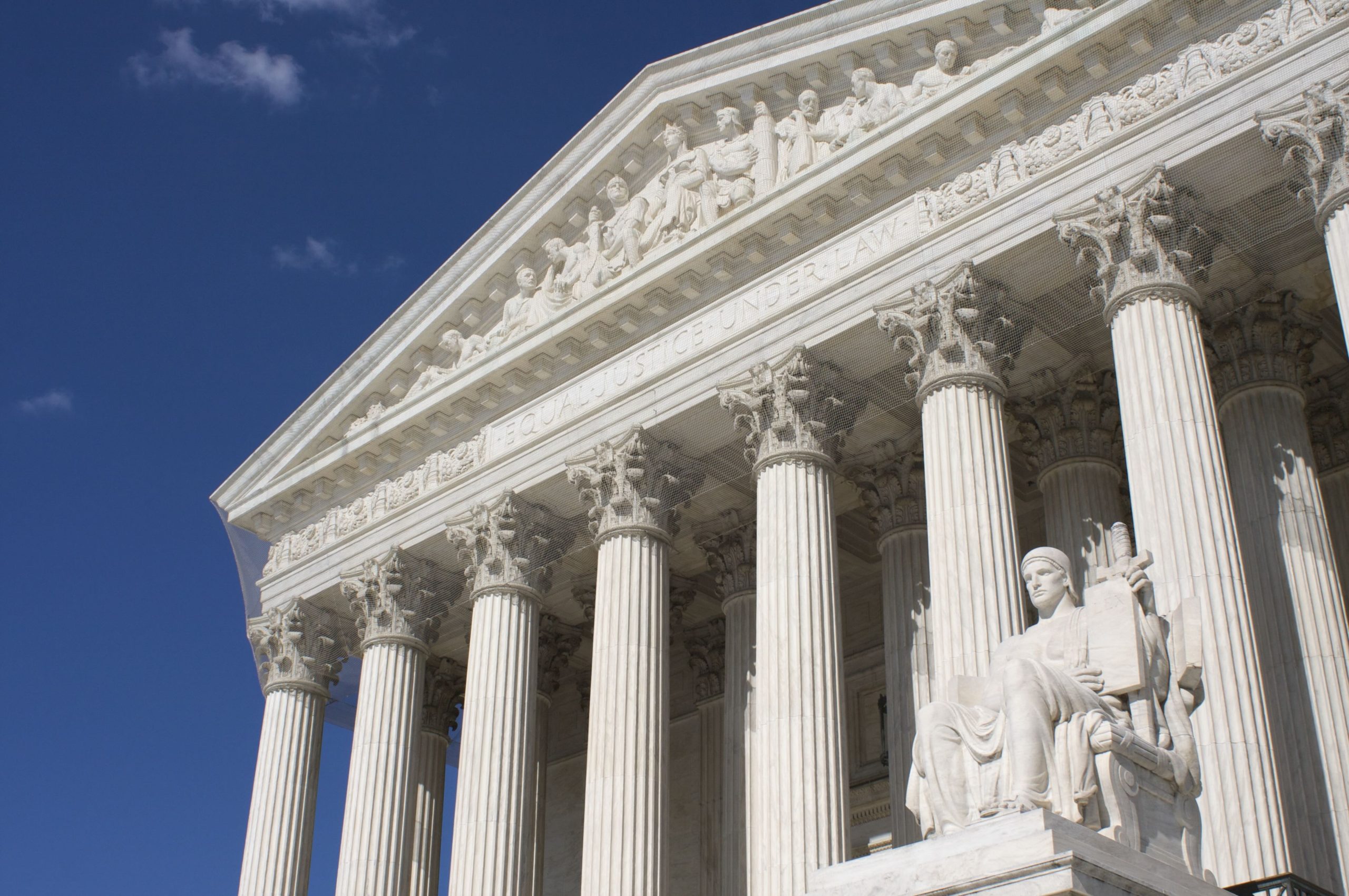Supreme Court limits scope of anti-bribery law


The Supreme Court on Wednesday ruled that a federal anti-bribery law does not make it a crime for state and local officials to accept a gratuity for acts that they have already taken. Writing for a six-justice majority, Justice Brett Kavanaugh explained that state and local governments already regulate gifts to officials, and so the federal law “does not supplement those state and local rules by subjecting 19 million state and local officials to up to 10 years in federal prison for accepting even commonplace gratuities.”
The question came to the court in the case of James Snyder, the former mayor of Portage, Ind., who was convicted and sentenced to 21 months in prison for violating the federal law at the center of the case, known as Section 666. That law bars state and local government officials from “corruptly” accepting “anything of value of any person, intending to be influenced or rewarded” for an official act. In 2014, Snyder received $13,000 from a truck company that had recently received contracts totaling over $1 million for new trash trucks for the city. Snyder maintains that the payment was for consulting services, but federal prosecutors called it an illegal gratuity.
Kavanaugh pointed to six reasons that, considered together, lead to the court’s conclusion that Section 666 does not criminalize gratuities to state and local officials for their past acts. First, he explained, the text of the statute is modeled on the provision criminalizing bribery for federal officials, and it “bears little resemblance” to the provision that makes it a crime for federal officials to accept gratuities for their past acts.
Second, Kavanaugh continued, although when Congress first enacted Section 666 it had used language from the gratuities statute for federal officials, it later changed the law so that it more closely resembled the bribery statute for federal officials. “It therefore would be strange to interpret” Section 666 “to mean the same thing now that it meant back in 1984, before the 1986 amendment.”
Third, Kavanaugh wrote, it would be “highly unusual, if not unique” for Congress to draft a law that applies to both bribery and gratuities, which are “two separate crimes with two different sets of elements.”
Fourth, Kavanaugh observed, because accepting a bribe and accepting gratuities are different crimes, Congress imposed very different punishments for the two in the laws that apply to federal officials: up to 15 years for accepting a bribe, but only up to two years for accepting an illegal gratuity. The government’s interpretation of Section 666 as applying to gratuities would therefore create “an entirely inexplicable regime for state and local officials,” Kavanaugh posited, by authorizing the same 10-year sentence for both crimes.
Fifth, Kavanaugh reasoned, the government’s interpretation would interfere with the right of state and local governments to regulate the acceptance of gratuities by their officials. He described a scenario in which “a county official could meticulously comply with her county’s local gratuities rules — say, by declining a $200 gift card but accepting a $100 gift card from a neighbor as thanks for her diligent work on a new park — but still face up to 10 years in federal prison because she accepted a thing of value in connection with an official act.”
Sixth and finally, Kavanaugh concluded, if Section 666 applies to gratuities, state and local officials would not have enough warning about when it applied (and they might therefore face criminal liability). The government did not offer “any remotely clear lines separating an innocuous or obviously benign gratuity from a criminal gratuity.” And he rejected the government’s assurances that prosecutors “can be trusted not to enforce the statute against small-time violators.” The Supreme Court, he said, “cannot construe a criminal statute on the assumption that the Government will use it responsibly.”
Kavanaugh closed his opinion by noting that “Congress can always change the law if it wishes to do so” – but it has not, since 1986.
Justice Ketanji Brown Jackson dissented, in an opinion joined by Justices Sonia Sotomayor and Elena Kagan. In her view, the plain text of the statute led easily to the conclusion that Section 666 applies to gratuities paid to state and local officials after they have acted. She emphasized that the statute makes it a crime to accept “anything of value from any person, intending to be influenced or rewarded.” “The term ‘rewarded,'” she contended, “easily covers the concept of gratuities paid to corrupt officials after the fact — no upfront agreement necessary.”
Jackson pushed back against Kavanaugh’s contention that the government’s interpretation of Section 666 could sweep in too much conduct without clear notice to state and local officials. She argued that the law “was not designed to apply to teachers accepting fruit baskets, soccer coaches getting gift cards, or newspaper delivery guys who get a tip at Christmas.” In particular, she wrote, the text of Section 666 itself imposes limits on the scenarios in which it can apply – for example, it applies only when state, local, or tribal governments receive at least $10,000 per year from a federal program, it does not apply to legitimate compensation, and the official who accepts the payment must do so “corruptly.”
Indeed, Jackson posited, “the real cases in which the Government has invoked this law involve exactly the type of palm greasing that the statute plainly covers and that one might reasonably expect Congress to care about when targeting graft in state, local, and tribal governments. After today, however, the ability of the Federal Government to prosecute such obviously wrongful conduct is left in doubt.”
This article was originally published at Howe on the Court.
Posted in Merits Cases
Cases: Snyder v. United States
